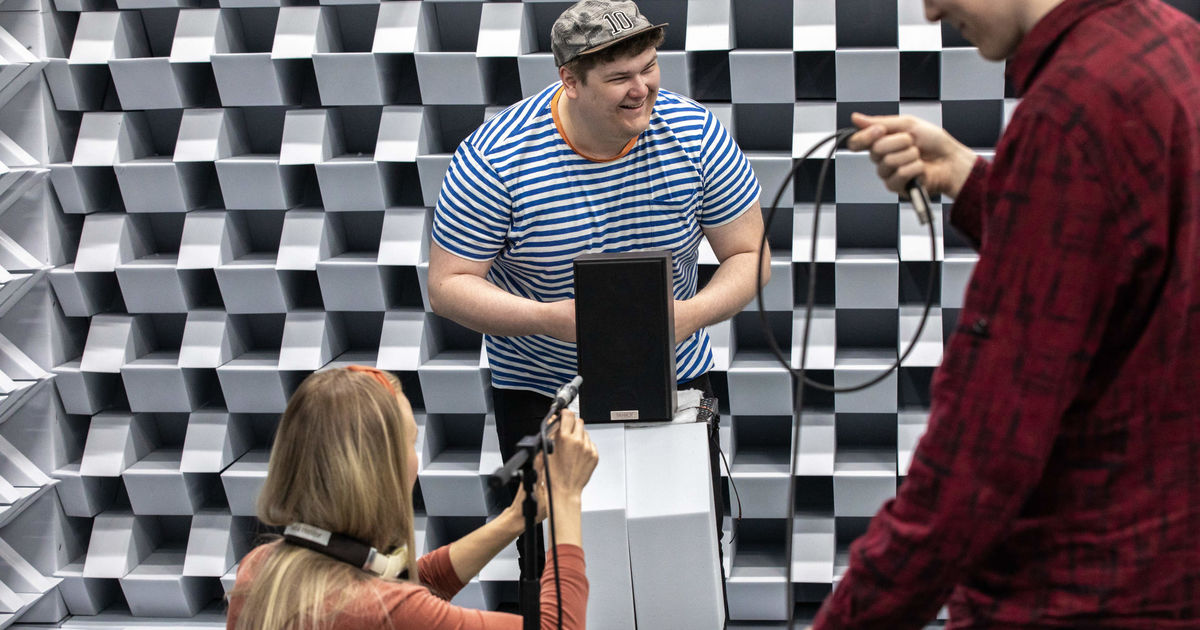I really enjoy objective loudspeaker measurements, but correlating measurements to what is actually perceived as optimal or perfect, if there is such a thing, is of most importance.
After listening to Erin and Dr Olive’s talk about the research Dr Olive and Dr Toole did regarding the preference ratings, and the blatant statement by Dr Olive that this can be improved, why has there been no follow up?
In science, findings are validated or modified by repeated or updated experiments and studies. One really cannot put all its faith in one study. It may be correct, but needs validation!
Why no other minds are interested in phsychoacustic research? I would appreciate someone teaming up with Dr Olive and repeating the tests trying to avoid the prior shortcomings. This is just one obvious example.
After listening to Erin and Dr Olive’s talk about the research Dr Olive and Dr Toole did regarding the preference ratings, and the blatant statement by Dr Olive that this can be improved, why has there been no follow up?
In science, findings are validated or modified by repeated or updated experiments and studies. One really cannot put all its faith in one study. It may be correct, but needs validation!
Why no other minds are interested in phsychoacustic research? I would appreciate someone teaming up with Dr Olive and repeating the tests trying to avoid the prior shortcomings. This is just one obvious example.



